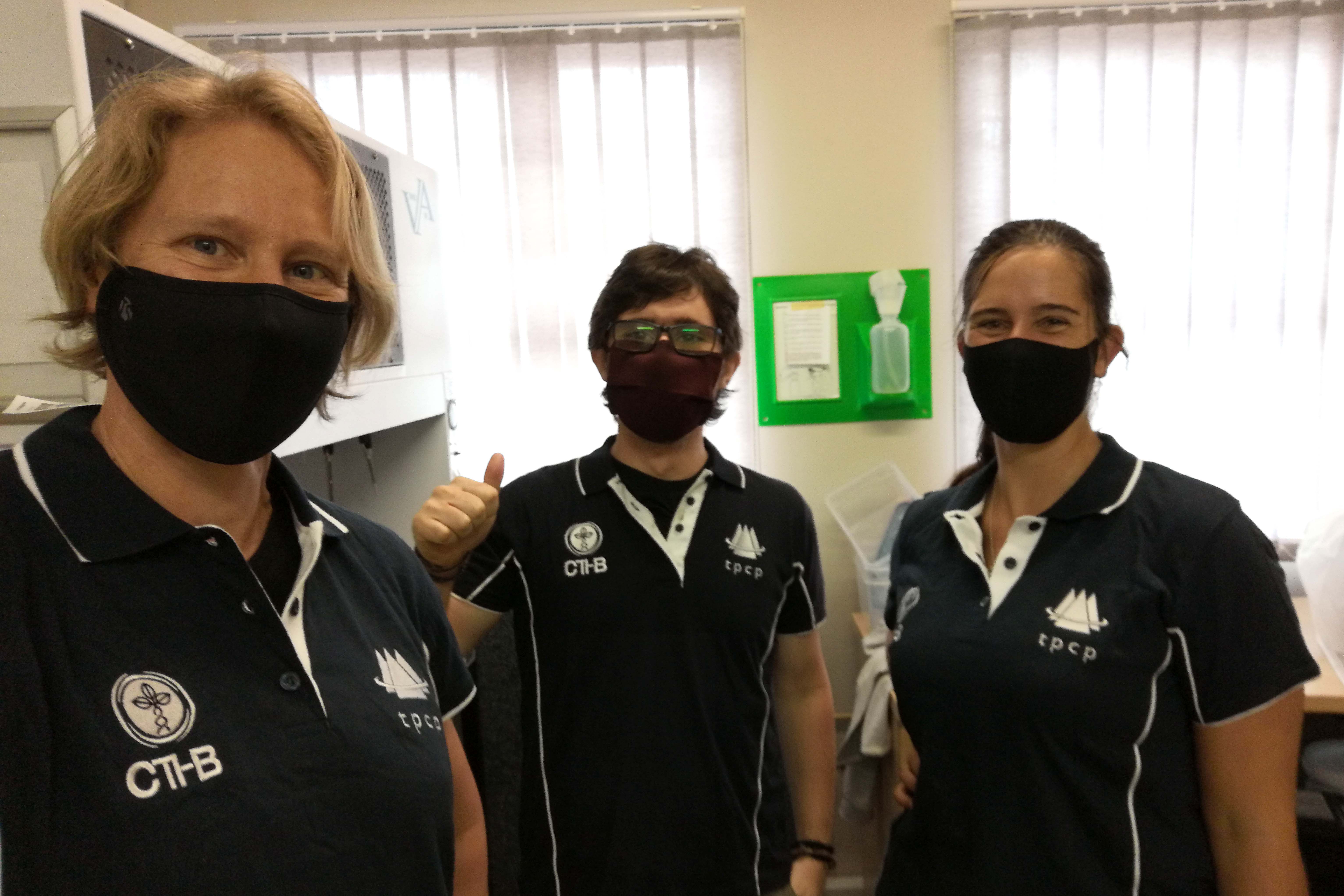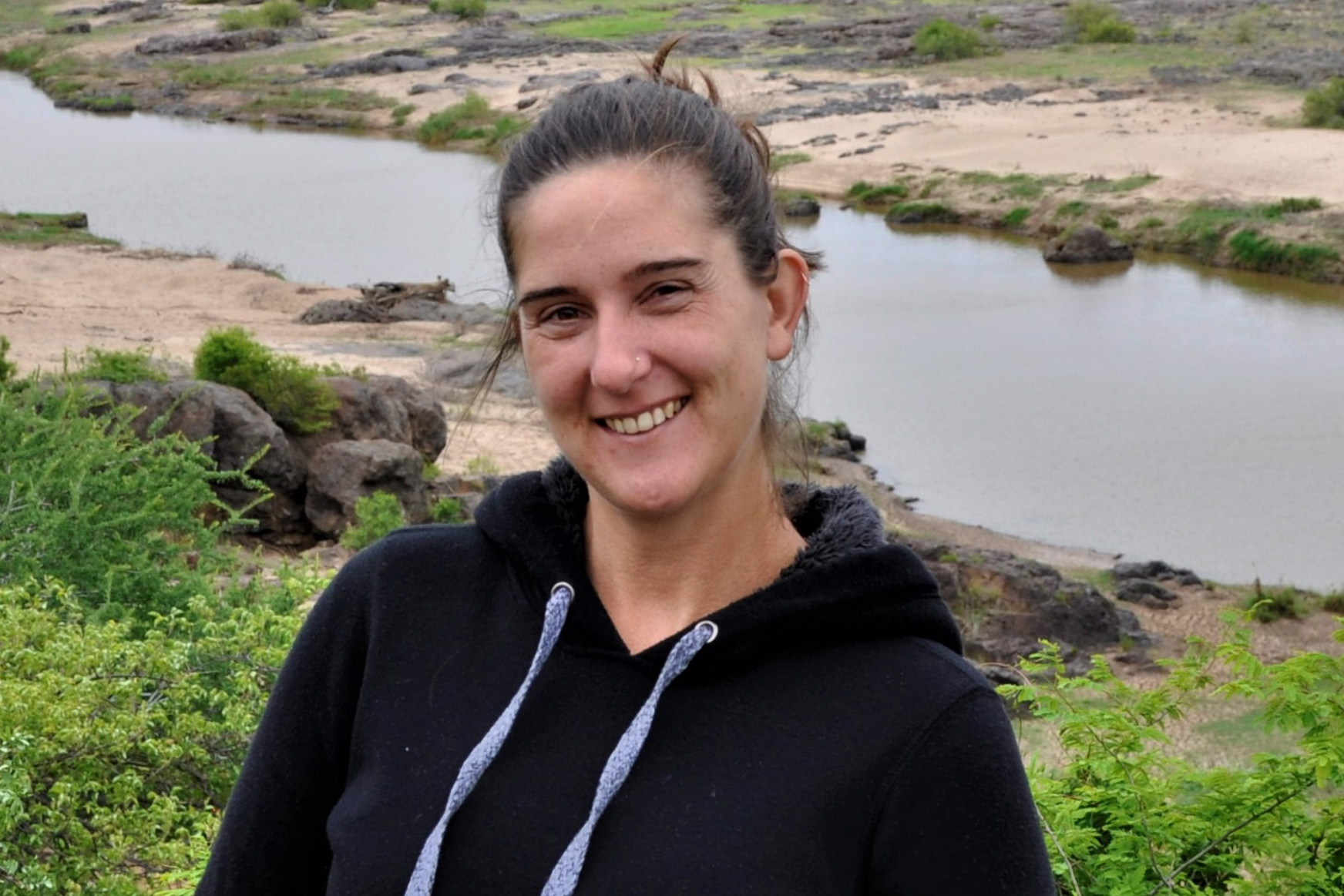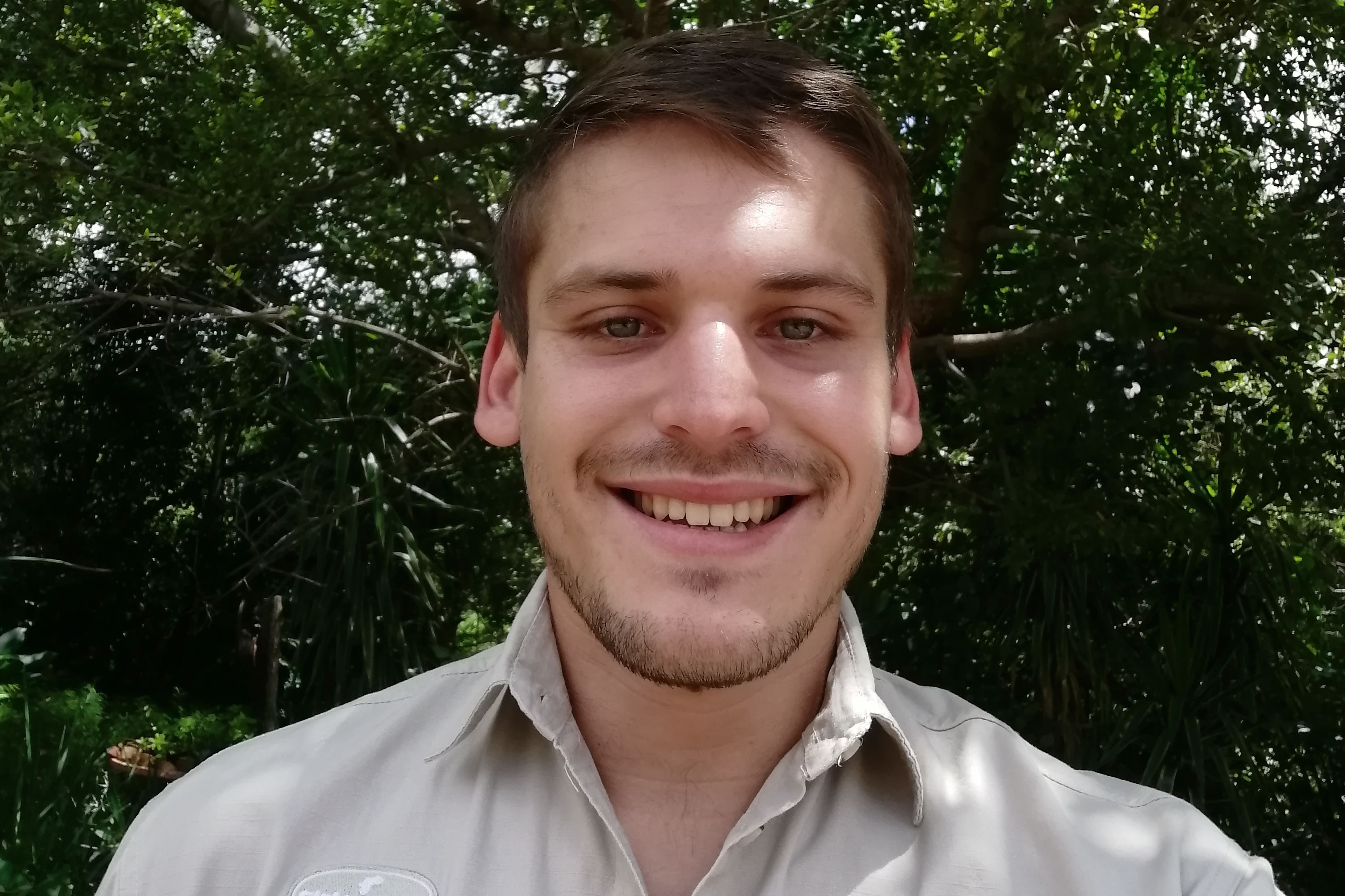The FABI diagnostics team is growing 2021-02-08
Thirty-two years ago the first diagnostic clinic to service the South African forestry industry was established as part of the birth of the Tree Protection Co-operative Programme (TPCP). While originally the TPCP Disease Clinic, this service has now expanded to include other agricultural crops where FABI has established long-term research partnerships, and has become what is now referred to as the FABI Diagnostic Clinic. The FABI Diagnostic Clinic currently provides services to members of the TPCP, DSI-NRF Centre of Excellence in Plant Health Biotechnology (CPHB), Macadamia Protection Programme, Avocado Research Programme and the Grain Research Programme.
The FABI Diagnostic Clinic continues to grow to serve the increasing needs of its industry partners. This year, the FABI Diagnostic Clinic welcomes two new members, Dr Gabrielle Carstensen, who will support diagnostics related to TPCP and CPHB, and Shawn Fell, who will provide expertise on the diagnostics of the polyphagous shothole borer (PSHB) and other related beetles.
Gabrielle has been a part of the FABI family since 2009, where her research focused on phytobacteria, and for her PhD and postdoc she studied bacterial wilt on Eucalyptus. Gabrielle not only brings her knowledge and enthusiasm to the team but was also a member of the diagnostic clinic in 2010, under the supervision and guidance of Prof. Jolanda Roux (currently Principal Researcher of Tree Health at Sappi) and Izette Greyling (currently Specialist Forest Health at Mondi). This experience gives her a good understanding of how the diagnostic clinic functions and its importance to the forestry industry.
Shawn Fell is nearing completion of his MSc degree which focused on the PSHB and its associated fungi on pecan trees. Shawn has gained expert knowledge in the identification of ambrosia beetles during his honours and MSc, as well as his time working at the FABI Diagnostic Clinic for the past three years.
The FABI Diagnostic Clinic also welcomes six students and two interns to the team. This increased capacity is not only welcome but necessary to deal with the constant threat of new and emerging pest and pathogen invasions.




